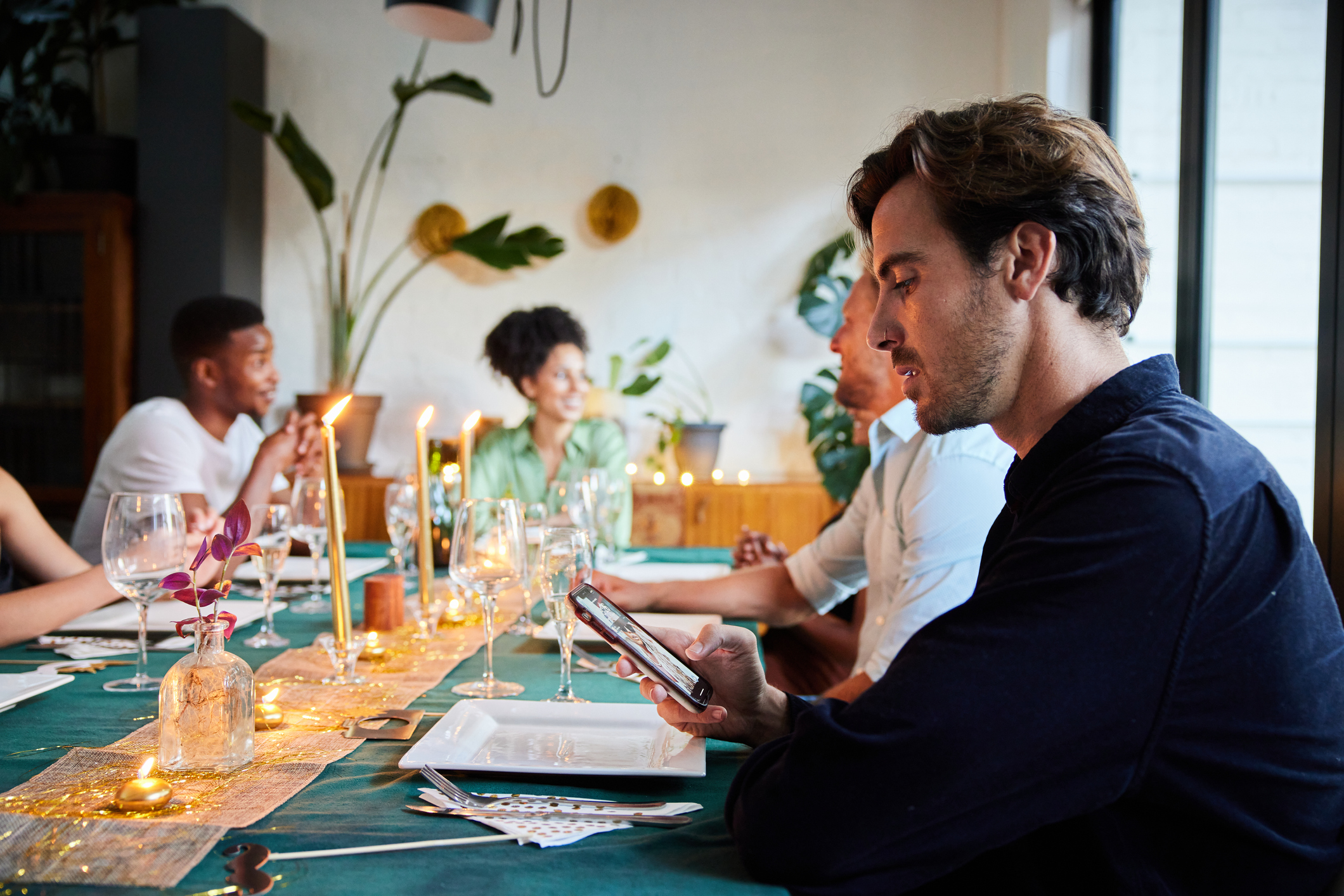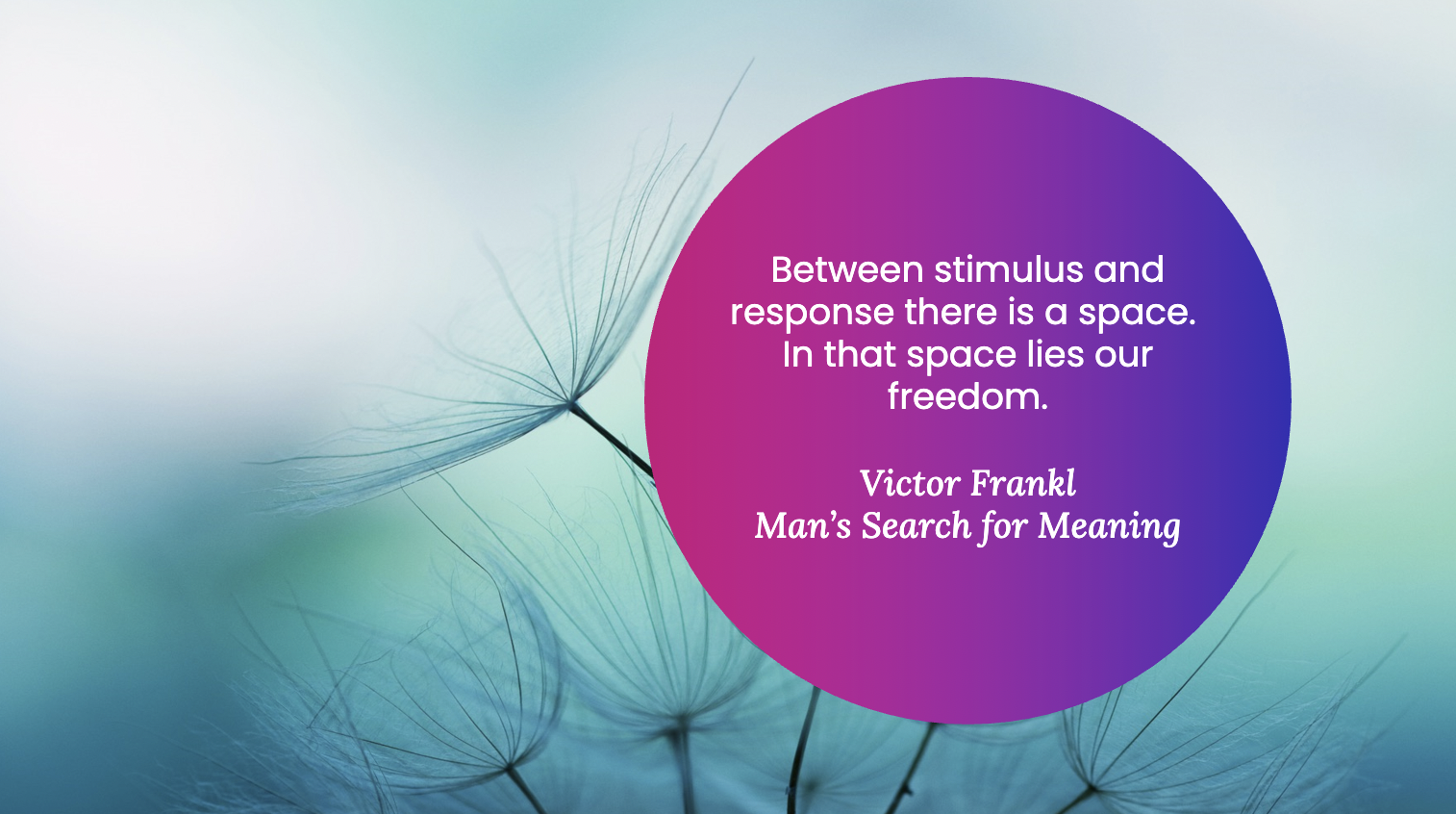
How to Cultivate Holiday Presence
As the holiday season approaches, it’s the perfect time to reflect on the practice of being present. In this bustling period, finding moments of calm and connection can transform our experience, making it richer and more meaningful. Let’s explore the benefits of presence, understand the risks that challenge it, and discover practical ways to cultivate this vital skill. We’ll also share some top tips from the Resilience Institute team.
The Benefits of Presence
The concept of ‘presence’ or ‘mindfulness’ has been extensively researched, and its benefits are well-documented. Here are some key advantages that align particularly well with the holiday season.
Enhanced Emotional Well-being
- Reduces Stress and Anxiety: Studies have shown that mindfulness practices can significantly reduce symptoms of stress and anxiety. By focusing on the present moment, individuals can break the cycle of worrying about the past or future, leading to a calmer state of mind.
- Boosts Mood: Being present can also enhance overall mood. A study published in the Journal of Positive Psychology suggests that mindfulness increases positive emotions and reduces negative emotions, contributing to a happier state of being.
Improved Relationships
- Deeper Connections: When people are fully present with their loved ones, they tend to form deeper and more meaningful connections. Active listening and engagement, hallmarks of being present, foster a sense of understanding and empathy, crucial for strong relationships.
- Better Communication: Presence improves communication as individuals are more attuned to the nuances of conversation and non-verbal cues. This can be particularly beneficial during family gatherings and social interactions during the holidays.
Physical Health Benefits
- Reduces Chronic Pain: Some research indicates that mindfulness can help in managing chronic pain. By focusing on the present, individuals may perceive pain differently and develop coping strategies that enhance their quality of life.
- Boosts Immune Function: Engaging in mindfulness practices has been linked to improved immune function, which is especially useful during the winter season when many are prone to colds and flu.
Enhanced Enjoyment and Appreciation
- Savoring the Moment: Presence allows individuals to fully engage and savor each moment. This can transform routine experiences, like a holiday meal or a walk in the snow, into sources of joy and contentment.
- Gratitude: Being present often leads to an increased sense of gratitude. Mindfulness encourages individuals to notice and appreciate the small joys and blessings in life, a practice that can be especially rewarding during the festive season.
Cognitive Benefits
- Improved Focus and Concentration: Regular practice of mindfulness enhances one’s ability to concentrate and focus, which can be beneficial in both personal and professional spheres.
- Enhanced Creativity: By clearing the mind of constant background chatter and worry, presence can open up space for creative thinking, useful for holiday activities like decorating, cooking, or gift-giving.
Risks to Presence
The journey towards cultivating presence is often hindered by various modern-day challenges, with digital technology being a prime culprit. In today’s hyper-connected world, our attention is constantly pulled in multiple directions, thanks to smartphones, social media, and the ever-present digital buzz. This constant connectivity, though beneficial in many ways, poses a significant risk to our ability to remain present, especially during the holiday season.

One of the main issues is the distraction caused by digital devices. Notifications, emails, social media updates – all demand a slice of our attention, often pulling us away from the people and moments that matter most. This fragmentation of attention not only reduces our ability to engage deeply with our surroundings but can also lead to a sense of perpetual busyness and stress. The holidays, a time traditionally reserved for relaxation and family, can become periods of heightened digital activity as people rush to capture and share every moment online, paradoxically missing out on the actual experience in the process.
Additionally, the overuse of digital technology can lead to mental and physical fatigue. The blue light from screens can disrupt sleep patterns, while the cognitive load of processing constant streams of digital information can lead to mental exhaustion. Poor sleep and mental fatigue, in turn, make it even harder to stay present and enjoy the holiday season to its fullest.
Recognizing these risks is the first step in mitigating their impact. By being mindful of our digital consumption and consciously deciding to unplug and connect with the world around us, we can reclaim our ability to be truly present.
Can we Develop Presence?
Developing presence is a skill that can be nurtured with practice. One effective approach is through micro-habits – small, manageable changes in daily routine. For instance, practicing mindful breathing for a few minutes each day, engaging in a digital detox for an hour each evening, or simply savoring a meal without distractions can be powerful steps toward greater mindfulness. Read our guide to developing mental clarity.

Another often-overlooked aspect of presence is accepting and enjoying the imperfections of life. The holidays don’t have to be picture-perfect to be meaningful. Embracing the quirks and unexpected moments can lead to authentic experiences and joyous memories.
By embracing the moment, reducing digital distractions, and appreciating the simple joys around us, we can experience a more fulfilling and resilient holiday season.
Perspectives from the Resilience Institute Team
Alexia Michiels
I value highly family time – especially when it becomes more rare! I will commit to be fully present during the few days we have with our four children together during the Christmas break. I will be more intentional in bringing my mind and my heart here and now.
Sven Hansen
While family and relaxed social time are the key ingredients, we enjoy summer so my ultimate presence is when I am in the ocean. Today I had a short ocean swim, connected with about 15 turtles, one ray and surfed 5 waves. That is my special zone of presence. Water, moving, sea-life…
Thierry Moschetti
I plan to spend quality time with my loved ones and simply enjoy their presence and company, and for this I will leave my smartphone in another room, and avoid booking too many activities.
Gilles Alex
For me this year will be gratitude and joy – for the great new relationships I have forged and nurtured this year. After a family party I will be celebrating on ski ! I want to create an artificial one week long bubble to take care of me and my closed ones whilst being close to nature.
Johanna Crichton
The quality of our relationships determines our life quality. Therefore, this holiday season, I commit to being more present in my precious relationships. To do so, I will deliberately practice engaged whole sensory listening, increased empathy, decisive use of tech devices, and participation in interactions with curiosity and openness.
Bradley Hook
In Australia and New Zealand we call this time of year the “Silly Season.” But it turns out being silly — and playful — are seriously bebeficial to well-being and mental health. David Attenborough said, “It is through play that the lion cubs develop agility.” What we practice we get good at, so I commit to practice being Playful this holiday — and maybe I’ll be surprisingly agile when we reconnect in 2024!
Andrew Flach
For me, it would be a practice of Gratitude. To appreciate the small and big things, be thankful for what I have. To embrace the hope and promise of the coming year. And of course, less time on tech, more time in nature.
Victoire Demaison
On my end, I would say Realign. A period to focus on myself, listen to my body, reflect, and set new intentions.
Pauline Soares
I would say Decide and Prepare. Last year, it was one of the most stressful times of the year. I can’t prevent the same things from happening this year but I already prepared my mind to let this – that will happen – go and decide what I want to achieve during the break: it will be the lighthouse I will look to when the family storm will blow.
